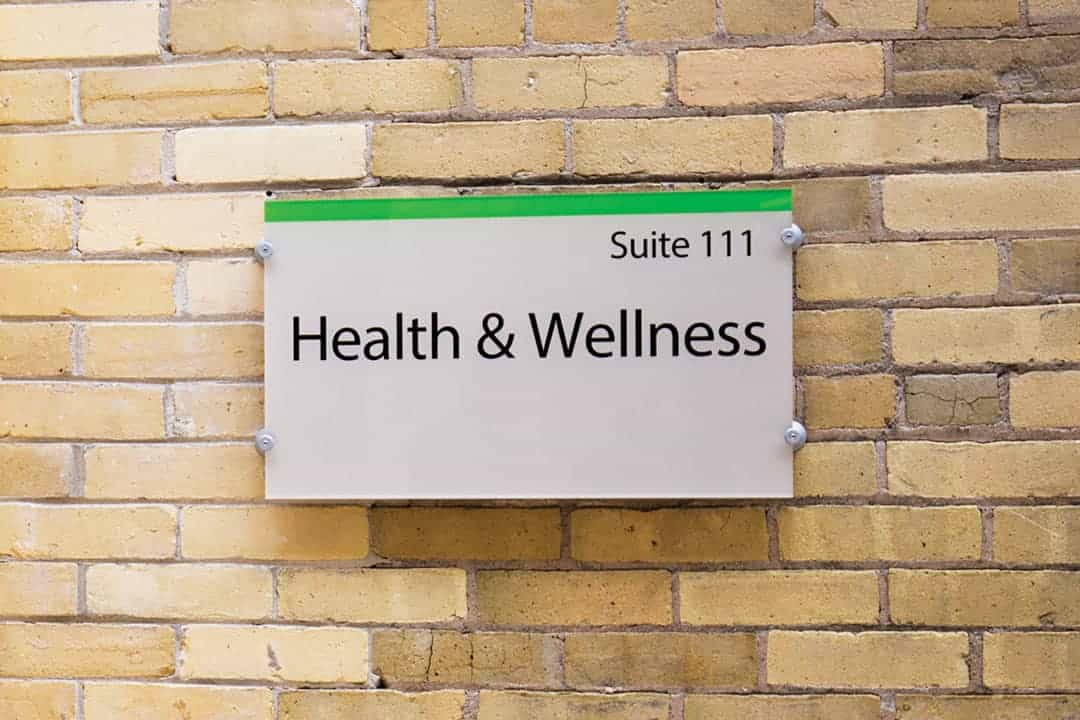On August 16, Professor Sandy Welsh — vice provost, students — announced that U of T’s online mental health tool, Navi, has expanded to provide general U of T information in addition to mental health resources. This expansion allows for easier access to the university’s resources for students seeking support about mental health, about a sexual assault, or for their general safety.
The Varsity compiled a list of supports that include Navi resources, as well as others from the broader community.
U of T mental health and safety resources
In 2020, U of T released Navi, a support app for students that provides users with access to health and wellness resources, academic success advice, and counselling services.
While Navi will continue to provide these services, it will now include additional information on admissions, housing, financial aid, careers, and opportunities for involvement with the university community. Given its new capabilities, the name of the online tool has been changed from Navi: Your Mental Health Wayfinder to Navi: Your U of T Resource Finder.
Students experiencing a mental health crisis can also access emergency counselling services 24 hours, seven days a week, through the Good2Talk Student Helpline and U of T’s Telus Health Student Support, formerly known as U of T My SSP. The Telus Health Student Support line provides ongoing mental health services over the phone in 146 languages, immediate support over the phone in 35 languages, and over chat in four languages.
U of T students can contact their campus’ health and wellness centre during university hours for confidential counselling services.
Students experiencing a temporary housing crisis can contact their campus’ student housing office. U of T Student Life’s website also lists that St. George and UTM students can contact the Campus Safety office if they do not have a place to stay for the night and the university is closed. These students can also contact the Community Safety Office if they are fleeing an abusive situation.
Community mental health resources
The Toronto Community Crisis Service (TCCS) is an Indigenous-led crisis response team that provides community-based, trauma-informed responses to individuals experiencing a non-emergency mental health-related crisis. The service is based within Division 14, which is a unit defined by Toronto Police Services that covers neighbourhoods like Trinity-Bellwoods, Kensington-Chinatown, The Annex, and University.
Indigenous students experiencing mental health issues can also contact Anishnawbe Health Toronto (AHT). AHT provides health care services based on Indigenous cultures and traditions in-person, virtually, or over the phone.
Black Youth Helpline aims to meet the needs of Black youth and provide access to culturally appropriate support. Service is available in French as well as other languages upon request.
LGBT YouthLine provides text and chat services for 2SLGBTQ+ youth to discuss mental health, coming out, gender identity or sexual orientation, social isolation, relationships, and more. The helpline is available Sunday through Friday, and trained peer supporters that identify as 2SLGBTQ+ lead the helpline.
Sexual assault and safety resources
The PEARS Project — a student-led, trauma-informed coalition — provides peer support and resources to survivors of sexual violence at U of T. Students can contact the group through email, Instagram, Facebook, or Twitter.
St. George students can contact the Toronto-based Women’s College Hospital Sexual Assault/Domestic Violence Care Centre for crisis support, assessment and documentation of injuries, drug testing, and more.
On campus, students who have been sexually assaulted can access the U of T Sexual Violence Prevention & Support Centre for relevant programs and resources. Students can also contact their campus’ health and wellness centres or the Community Safety Office.
UTM students can access the Sexual Assault and Domestic Violence Services located at Trillium Health Centre, 24 hours, and seven days a week. This service pairs clients with trained nurses that provide one-on-one care, assessment, treatment, emotional support, information, and counselling options.
UTSC students can contact the Sexual Assault and Domestic Violence Care Centre at The Scarborough Hospital. This service offers 24 hour care to individuals who have experienced sexual assault or intimate partner violence.
In emergency situations, students who have been sexually assaulted can contact Campus Safety. Students who live in U of T residences can also contact residence life professional staff or their dean of students.



No comments to display.